[Originally published on September 11, 2018]
“If you’re yelling you’re the one who’s lost control of the conversation.”
~Taylor Swift
By Catherine Austin Fitts
For many years I worked with a passion to create a financial model that would align our accounting, information, and government financial systems with places. My goal was to create a win-win relationship system-wide between people and living things and the financial system. We could generate immense capital gains and wealth from healing and nurturing the environment. Global citizens could take responsibility to implement real change through the allocation of their time and resources.
I say this to emphasize how important I believe a healthy environment is for all life – including yours and mine.
Our environmental problems are symptoms of an invisible governance system, which has a different map of reality than we do and appears to have different goals than ours. It has purposely engineered our accounting and information systems to ensure central control. If we are to change how we manage and interact with our environment, then first we must illuminate and evolve our governance system, and with it our accounting, information, and financial systems.
Consequently, I am often challenged trying to have an intelligent conversation with people passionate about the environment who are in a state of panic about this or that environmental issue or problem. What I often hear is that they are eager to generate more cost for people and families and more wealth and power of the invisible governance system. This, they feel, is not a problem since everything is such an emergency.
For me to have an intelligent conversation about the environment, I must be able to integrate the following factors:
Space:
Environmental changes throughout history:
Deterioration in the electromagnetic field:
Geophysical condition of the earth:
Air:
Governance structure:
Governance
Budgets
Energy
Mind control
Smart grid
Debt
Fiat currency
Man-made impacts:
Space fence
Nuclear testing
Nuclear accidents
Global spraying
HAARP
Weather warfare
Energy
Chemicals
Manipulation:
Invisible weaponry and technology:
I am happy to discuss the environment, including the climate, from a vantage point of reality. However, if you censor aspects of reality or uncertainty, I can’t have an intelligent conversation with you about it.
The next time the bully thing happens – or I meet with the implication that I am uncaring or unfeeling because of a need for an integrated analysis – I can just send the person to this post. While I am hoping to have intelligent conversations about the environment with one and all, the time has come for me to stack functions and bow out with a link.
Related Reading


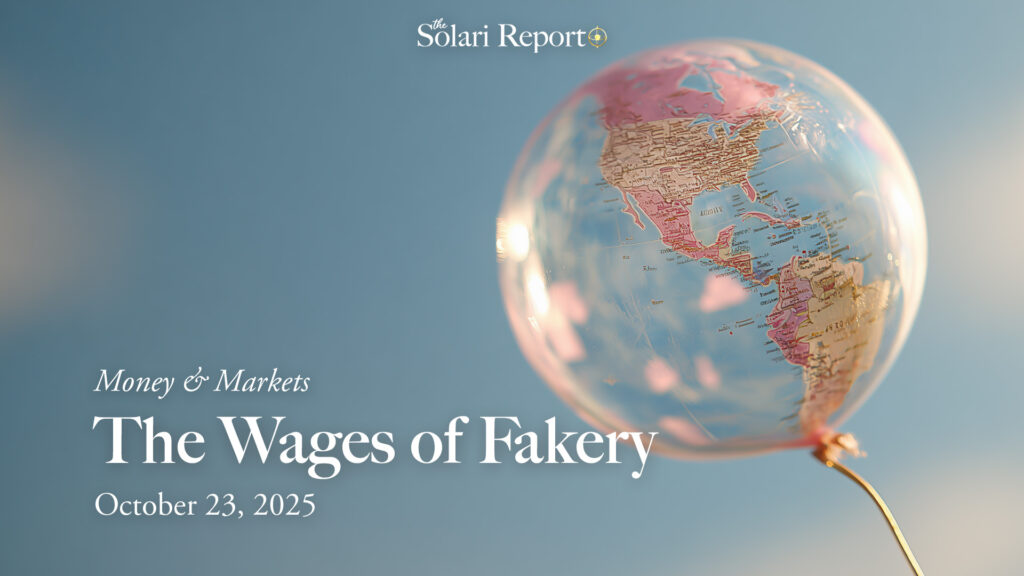























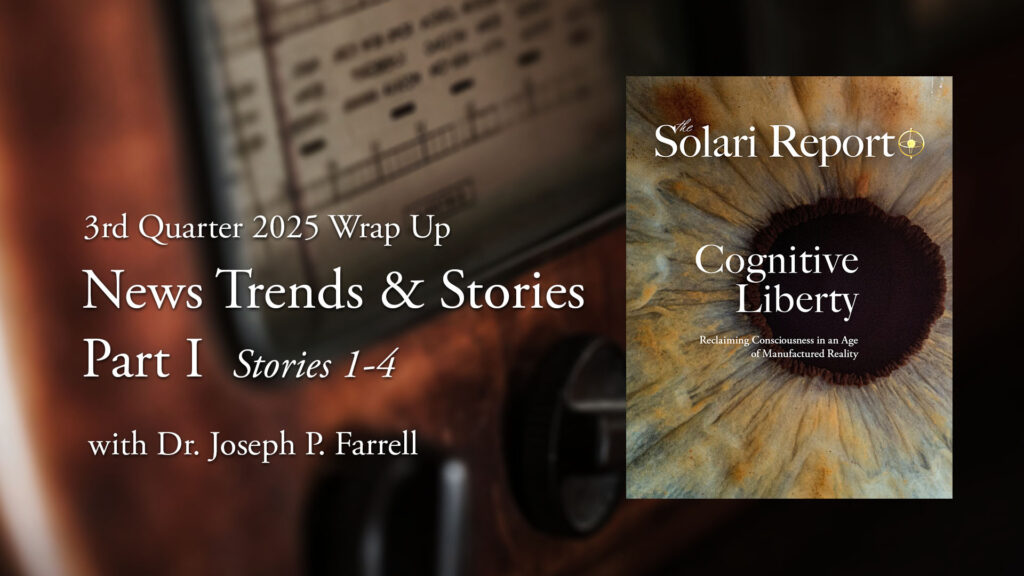
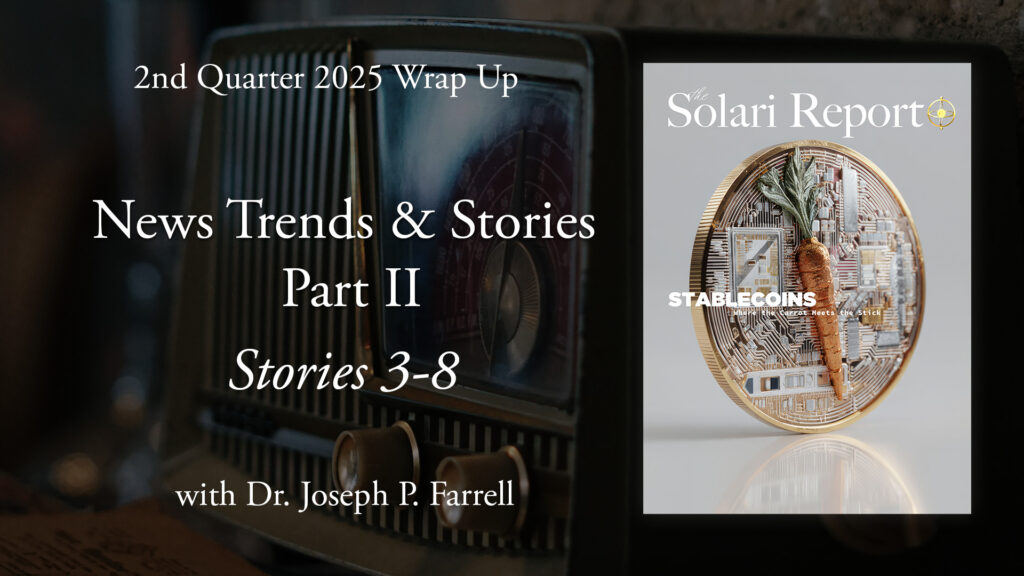

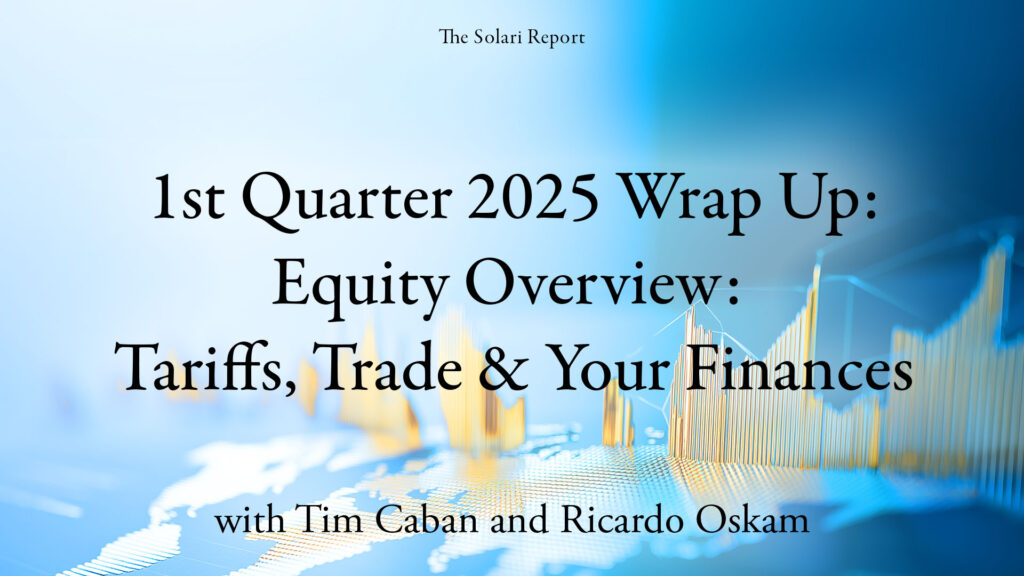





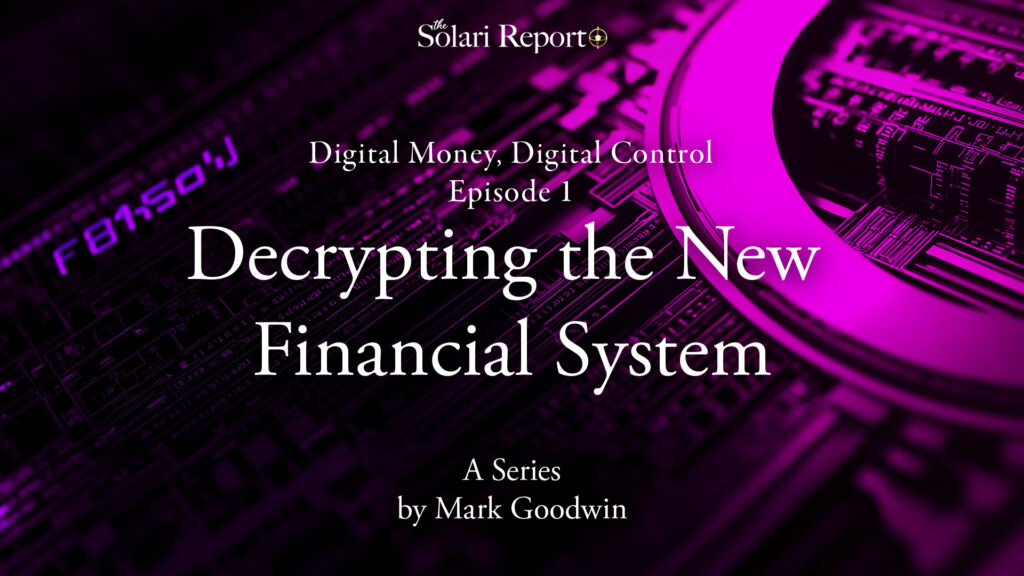

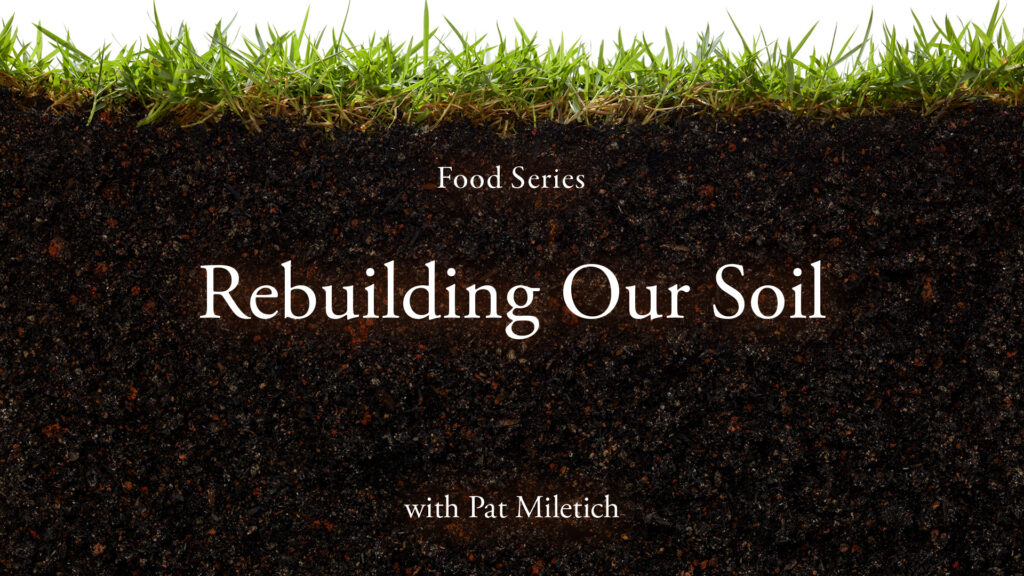
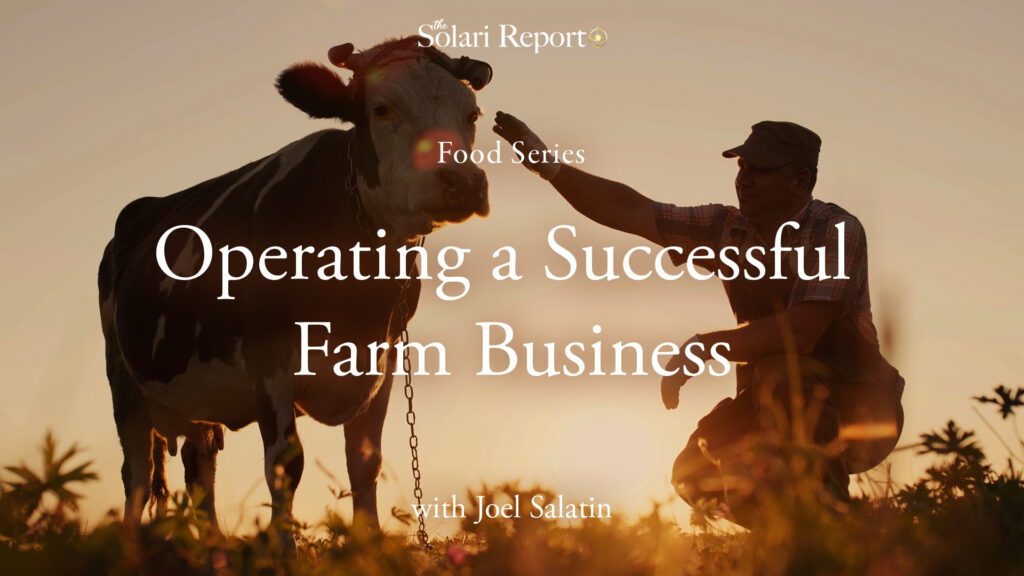












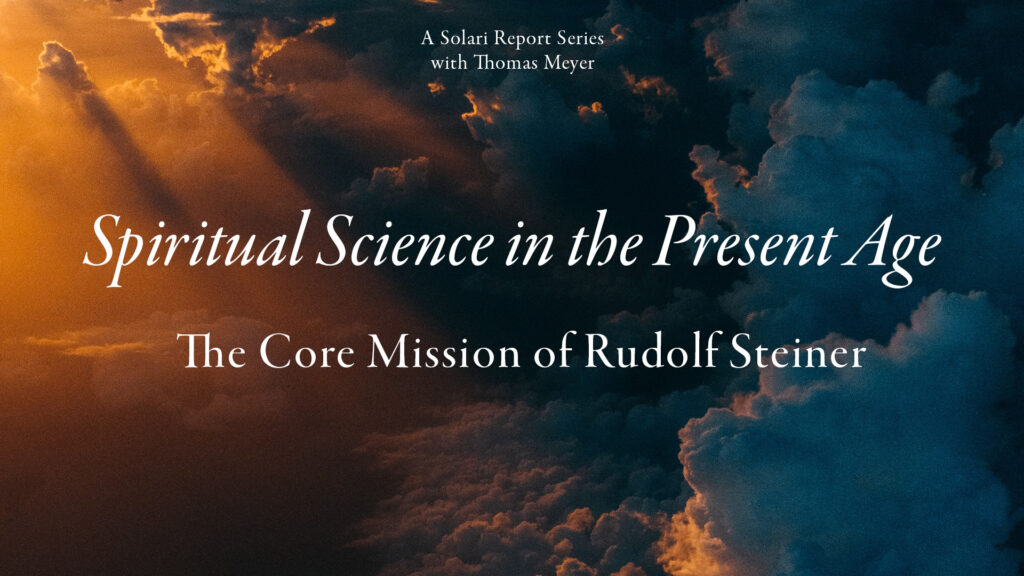

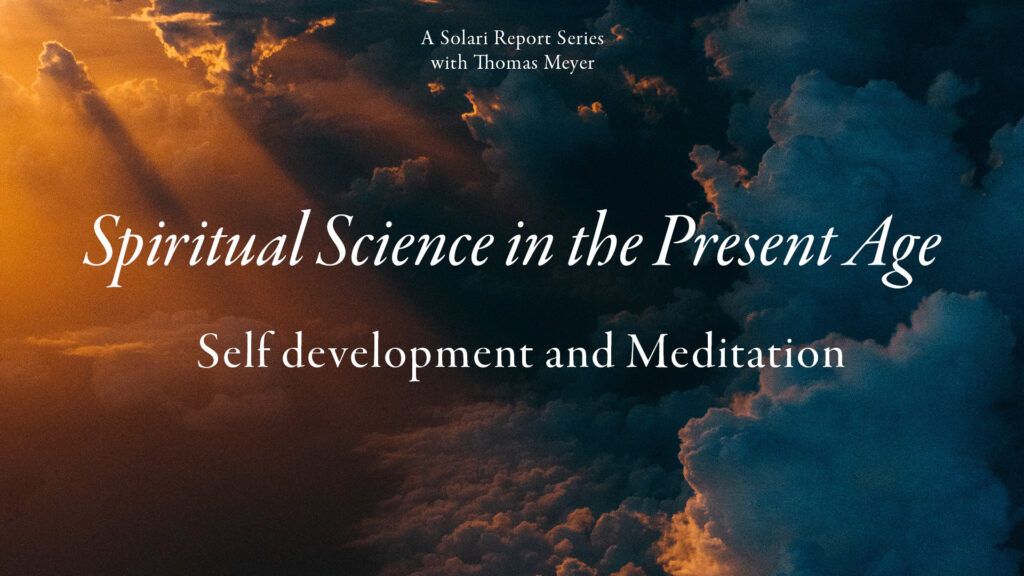
















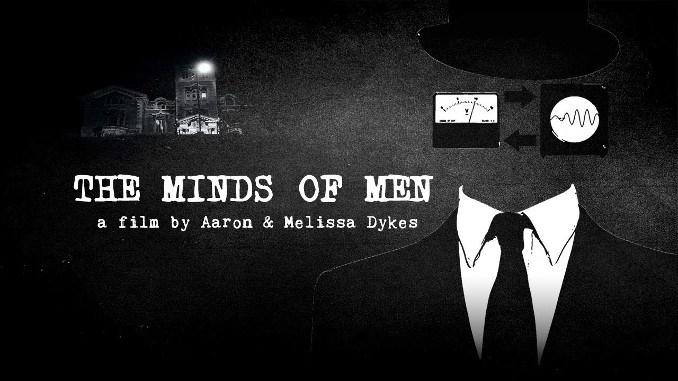










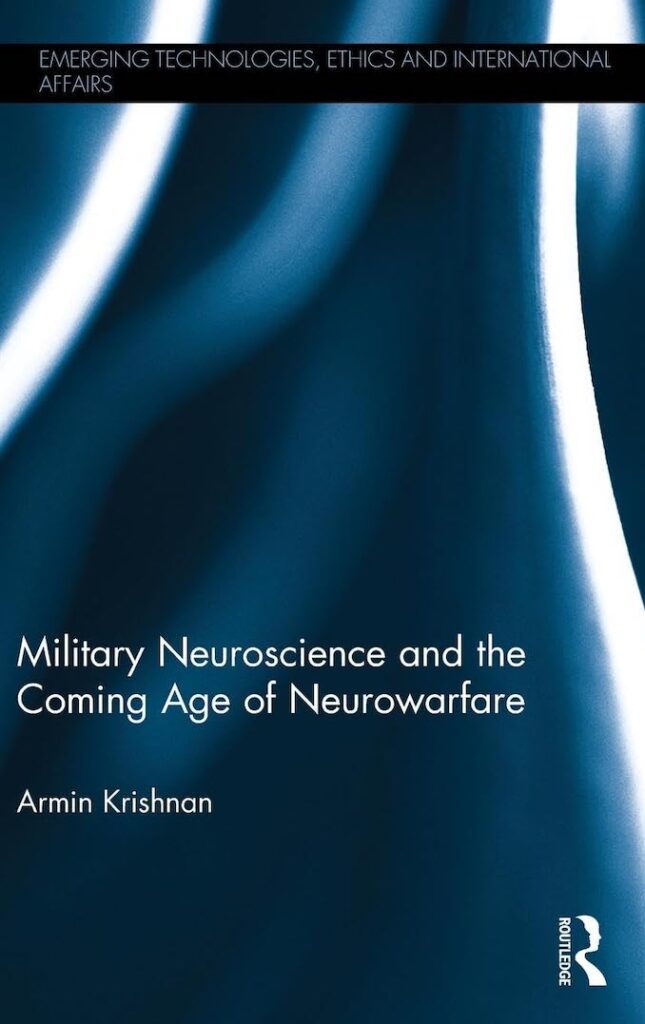
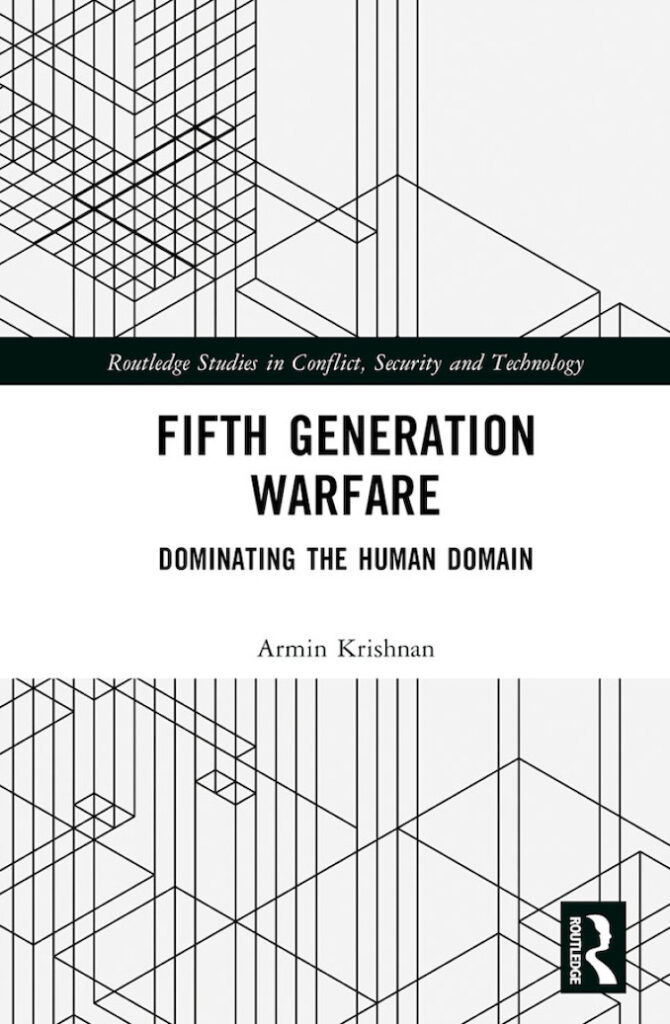














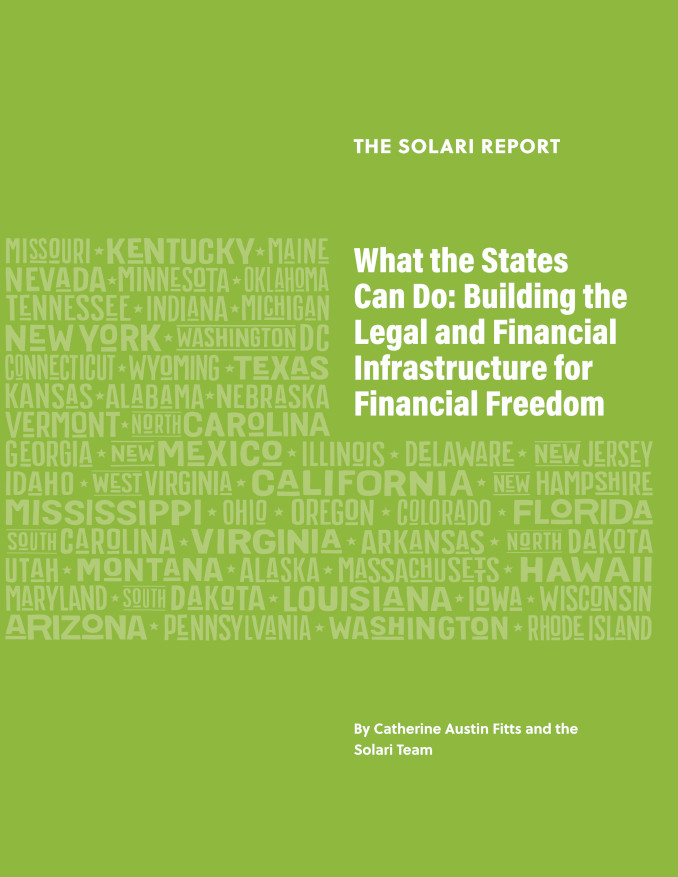


So so glad you’re talking about this! Really excellent map/outline to what I would agree would FINALLY be an integrated and effective discussion on the environment. There are a couple of things that I would add to the discussion… Under ‘Man Made Impacts’: 1.) Pharmaceutical Industry; heavy reliance on drugs to solve most of our physical and psychical problems rather than taking responsibility for our health and well being in ways that sustain the environment (and us): i.e. pharmaceutical waste, technology, drugs in the body/out the body/and into the environment, etc. etc. 2.) Food Production; CAFO farms, agribusiness, GMOs, global demand for every kind of food all the time, and food as art rather than sustenance etc. Also a couple of other topics to add to the discussion…don’t know where this would fit in but…Heavy Dependence on Technology; obsolete technology and landfills, excessive use of energy, A.I., etc. (I was at a Green Building Council conference in Toronto in 2011 and every outlet was taxed recharging cell phones, laptops, ipads, etc. There was also a tremendous hype over ‘smart meters’, how the environmental lobby was making every effort to mandate them, and how this was a huge money making opportunity for those ‘in the know’… super upsetting for me now as we live in Pennsylvania where the state just mandated smart meters with no opt-out program.) And last but not least, I wish a discussion of the environment would have a ‘spiritual’ component. There is a tendency to make ‘the environment’ the new religion. We’ve replaced our focus on our human relationships with an obsession with the environment which doesn’t help us or our world. I think a good discussion on the environment must include an honest look at our value as human beings and our moral and ethical responsibility to each other. This is a bit of a tangent, Sorry about that! But really pleased to see the possibility of an intelligent integrative discussion on this hot button issue.
Jane:
Excellent comment. I was going to get into food and fluoride and then thought – well, I think they will get my drift. 🙂
I believe one of the leading causes of environmental damage in fact is fiat currency – and other aspects of the financial system. This is all part of a good governance system – it doe not allow a society to get away with murder of itself or its ecosystems.
I should probably ask the question what is the optimal population and is someone intentionally trying to decrease it.
After reading through the comments, especially those who have expanded your thoughtful list, I am wondering if there needs to be an environmental conference much like the secret space program conferences. Instead of inviting the loony UFO crowd, these conferences were made up of practical, open-minded professionals who enlightened the participants to the possibilities and realities of the topic, from proposed vehicles to debt. Similarly, it would be fabulous to get a group of intellectuals who are out of the mind-control loop who, if not able to develop specific solutions, could well provide an array of possible actions which the rest of us can hope to support. I can see this as another CAF holistically centered group… (just typing “out loud””)
What a great idea!
If we solved many of the problems described above and used zero point energy devices, I’m sure the planet could support more, not less. I read an article in The New Yorker a few years ago that said that if you stood every human in a 2’x2′ square, we would fill the State of Rhode Island. Msybe I’m wrong but that does not seem like an overwhelming biomass to me.
So so glad you’re talking about this! Really excellent map/outline to what I would agree would FINALLY be an integrated and effective discussion on the environment. There are a couple of things that I would add to the discussion… Under ‘Man Made Impacts’: 1.) Pharmaceutical Industry; heavy reliance on drugs to solve most of our physical and psychical problems rather than taking responsibility for our health and well being in ways that sustain the environment (and us): i.e. pharmaceutical waste, technology, drugs in the body/out the body/and into the environment, etc. etc. 2.) Food Production; CAFO farms, agribusiness, GMOs, global demand for every kind of food all the time, and food as art rather than sustenance etc. Also a couple of other topics to add to the discussion…don’t know where this would fit in but…Heavy Dependence on Technology; obsolete technology and landfills, excessive use of energy, A.I., etc. (I was at a Green Building Council conference in Toronto in 2011 and every outlet was taxed recharging cell phones, laptops, ipads, etc. There was also a tremendous hype over ‘smart meters’, how the environmental lobby was making every effort to mandate them, and how this was a huge money making opportunity for those ‘in the know’… super upsetting for me now as we live in Pennsylvania where the state just mandated smart meters with no opt-out program.) And last but not least, I wish a discussion of the environment would have a ‘spiritual’ component. There is a tendency to make ‘the environment’ the new religion. We’ve replaced our focus on our human relationships with an obsession with the environment which doesn’t help us or our world. I think a good discussion on the environment must include an honest look at our value as human beings and our moral and ethical responsibility to each other. This is a bit of a tangent, Sorry about that! But really pleased to see the possibility of an intelligent integrative discussion on this hot button issue.
Jane:
Excellent comment. I was going to get into food and fluoride and then thought – well, I think they will get my drift. 🙂
I believe one of the leading causes of environmental damage in fact is fiat currency – and other aspects of the financial system. This is all part of a good governance system – it doe not allow a society to get away with murder of itself or its ecosystems.
I should probably ask the question what is the optimal population and is someone intentionally trying to decrease it.
After reading through the comments, especially those who have expanded your thoughtful list, I am wondering if there needs to be an environmental conference much like the secret space program conferences. Instead of inviting the loony UFO crowd, these conferences were made up of practical, open-minded professionals who enlightened the participants to the possibilities and realities of the topic, from proposed vehicles to debt. Similarly, it would be fabulous to get a group of intellectuals who are out of the mind-control loop who, if not able to develop specific solutions, could well provide an array of possible actions which the rest of us can hope to support. I can see this as another CAF holistically centered group… (just typing “out loud””)
What a great idea!
If we solved many of the problems described above and used zero point energy devices, I’m sure the planet could support more, not less. I read an article in The New Yorker a few years ago that said that if you stood every human in a 2’x2′ square, we would fill the State of Rhode Island. Msybe I’m wrong but that does not seem like an overwhelming biomass to me.